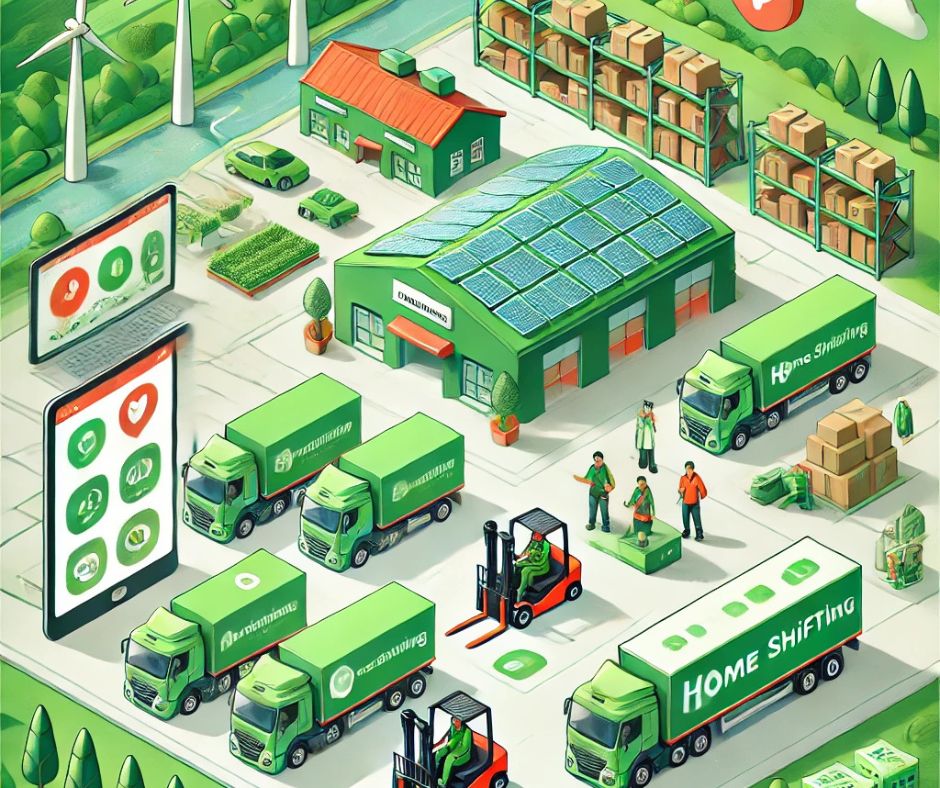Sustainable Logistics: Paving the Way for Greener Transportation
As the world becomes more environmentally conscious, the logistics industry faces increasing pressure to reduce its carbon footprint. Transportation Services
, a key logistics component, is a major contributor to greenhouse gas emissions. However, the rise of sustainable logistics is transforming how goods aim to reduce the environmental impact while improving efficiency. This shift helps businesses cut costs and enhance their reputation.

Conclusion
Sustainable logistics is not just a trend— a necessity for the future of transportation. Embracing green transportation methods, optimizing routes, reducing waste, and collaborating across the supply. The shift towards sustainability leads to operational efficiencies and cost savings, making it a win-win for companies and the environment. As technology continues to evolve, the future of logistics is looking greener than ever.
Electrical Vehicles (EVs) r. These vehicles offer a cleaner to the electrical vehicles and hybrid trucks rapidly growing within the logistics sector. These vehicles offer a cleaner alternative to traditional diesel-powered trucks, helping them reduce unnecessary energy consumption by using the data to plan the most efficient routes. you can optimize the routes and reduce empty miles another key aspect of sustainable logistics is route optimization. With advanced software the analyzes traffic patterns, weather conditions,


